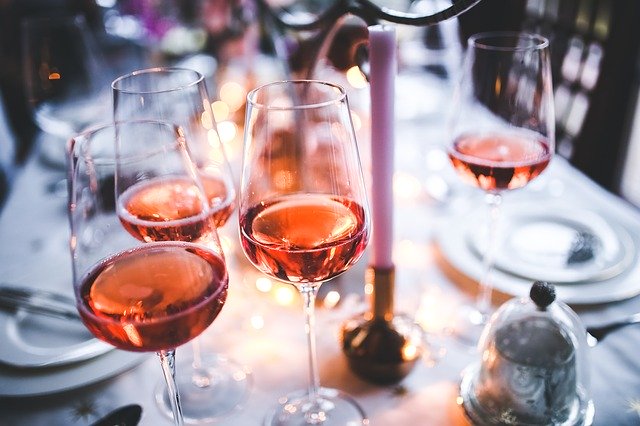South Africans were devastated when President Cyril Ramaphosa announced that the ban on alcohol would be put back in place during an address on July 12. Now, Minister of Cooperative Governance and Traditional Affairs Nkosazana Dlamini-Zuma has said the ban on alcohol will be regularly re-evaluated to limit the hardship it is causing the economy.
Wine farmers have challenged government on the ban, as it directly affects their livelihoods. Dlamini-Zuma’s stance is in direct response to the challenge.
“It is contemplated that the suspension of the sale of liquor will be re-evaluated with regularity as government aims to also limit hardships facing the economy and individual livelihoods during this period. There is no desire on the part of government to leave this prohibition in place for longer that it is regarded necessary,” she told the court.
The Southern African Agri Initiative (SAAI) represents 120 wine farmers across the country and has made its case against the alcohol ban to the High Court. According to News24, the SAAI has called the ban “irrational, arbitrary and unreasonable”.
Dlamini-Zuma gave the court a detailed account of how the decision to reimpose the ban was reached.
“I considered a wide array of empirical evidence as to whether a temporary prohibition on liquor was an appropriate tool to alleviate the burden caused by the rapidly increasing rate of transmission of COVID-19 and overcrowded hospitals, and whether less stringent methods might yield the same results,” she said.
“The prohibition on the sale of liquor was taken as a temporary measures until the rate of infection slows down or drops. It is one of a number of measures imposed to slow down or drop the rate of infection, together with other measures imposed, such as the curfew and social distancing in public places.”
Representatives from the wine industry, however, argued that the pandemic is having a devastating effect on their industry.
“The commercial impact of COVID-19 is far less on the liquor industry than on local wine, of which the financial [success] depends on South Africa sales. The wine farm industry cannot survive the devastating impact of a total ban on local wine sales for four to six months,” they told the court.
According to Dlamini-Zuma, government cannot make an exception for the sale of wines as it would not provide the immediate relief the healthcare system needs during the pandemic.
“Furthermore the burden on the healthcare system caused by the pandemic applies across all areas, including affluent areas. When hospitals are full in less affluent areas, which are served mainly by public hospitals, patients are transferred to hospitals in affluent areas including private hospitals by specific agreement in each province.”
Picture: Pixabay

